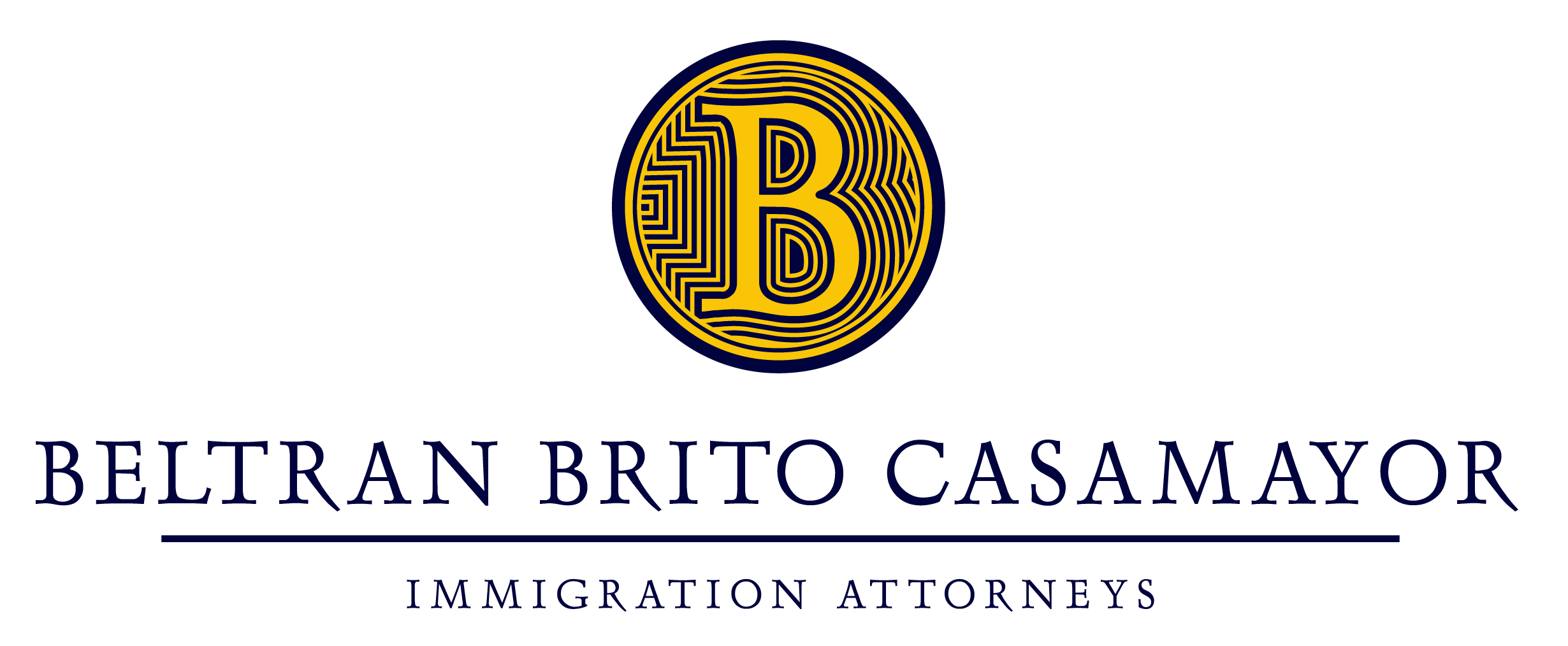 United States ranks 37th in the World Health Organization’s survey of best countries for healthcare, to some Americans that says more about the WHO’s methodology than any shortcomings at home.
United States ranks 37th in the World Health Organization’s survey of best countries for healthcare, to some Americans that says more about the WHO’s methodology than any shortcomings at home.
But forget the politics: as a foreigner, on holiday or emigrating, unless you are a billionaire, you cannot afford to step onto American soil without some form of health insurance.
Read this ten survival tips:
- You are planning a trip to the U.S.
On holidays for example, the first thing to do is check your travel insurance and if it covers you for at least $1million. An air ambulance can cost $50,000, a normal urban ambulance around $1,400, hospitals can charge $20,000 a day, a surgeon might want $100,000 for an operation, and you might need a private plane home. It’s a lot of money, so you must be prepared.
- Immigrants
Well, the real minefield is reserved for immigrants. You need to find a large, stable, and most important undemanding employer that can sponsor you and sign you up to its insurance scheme and keep you on for as long as you want to remain in the U.S., sounds difficult but it could happen.
- You are an immigrant and you can stick around long enough
More companies are dropping health coverage, and the sickly economy means that if you lose your job you could be flying home— no visa, no insurance. Be careful and always make having a healthcare an important part of any job negotiation.
- The right places
The northern Midwest and the Northeast and West Coasts are the best for healthcare. The South tends to be the worst; this is what The Commonwealth Fund, an independent research group, has found after several investigations and studies.
- If you cannot join an employer scheme
You will have to hunt down the best insurance broker in your new locality – this means that you need to find someone who is able to navigate the Byzantine range of possible policies.
Remember, bring your medical records from the U.K. and keep them handy to answer the many questions you will surely be asked.
 6. You will soon get familiar with two terms: HMO and PPO – Health Maintenance Organizations and Preferred Provider Organizations. HMO policies are cheaper but less attractive: for example your choice of doctors is much more restricted. You will prefer PPO, this insurers allow for a greater selection of doctors.
6. You will soon get familiar with two terms: HMO and PPO – Health Maintenance Organizations and Preferred Provider Organizations. HMO policies are cheaper but less attractive: for example your choice of doctors is much more restricted. You will prefer PPO, this insurers allow for a greater selection of doctors.
7. Self-employed / Unemployed?
If you are self-employed or unemployed you must have at least five years living in the U.S in order to be eligible for an individual coverage.
Insurers will only take you if you are part of a group, so a good option is to form a company, you don’t need 100 employees, with two people, you are ready to be elected
Extra:
If you have a pre-existing condition, such as asthma, high blood pressure or even hay fever, you may be refused to any coverage, not just for claims arising from that condition. But this is due to change in 2014 under President Obama’s Affordable Care Act, and some states already have insurance pools for high-risk people — at a price.
Beltran Brito LLP is an immigration law firm representing individuals and businesses around the U.S. and the world with immigration attorneys who are dedicated to assisting clients in all aspects of U.S. immigration and nationality law.
For more info, click here

